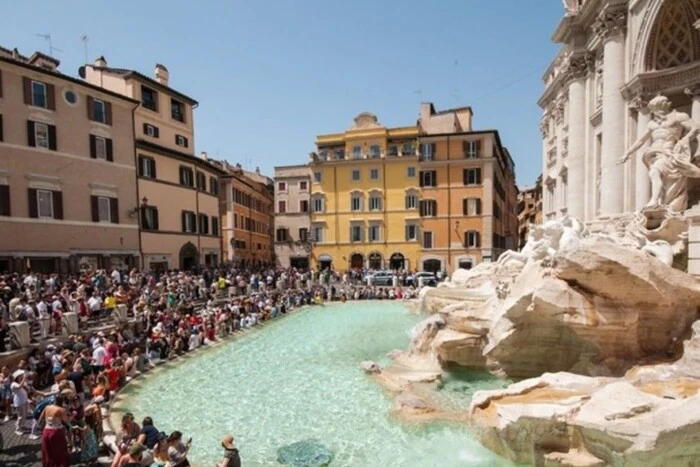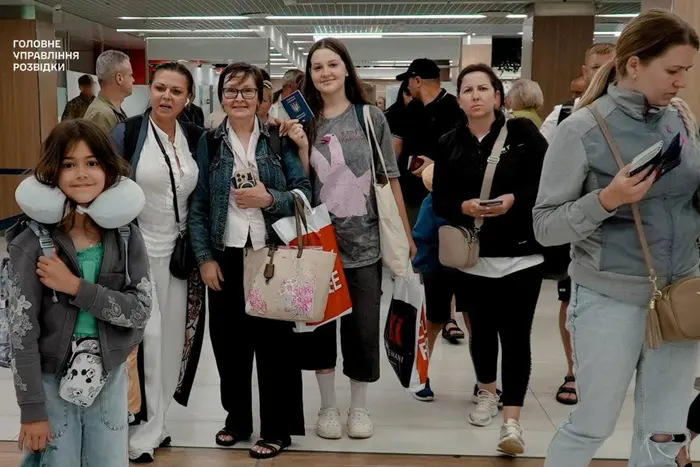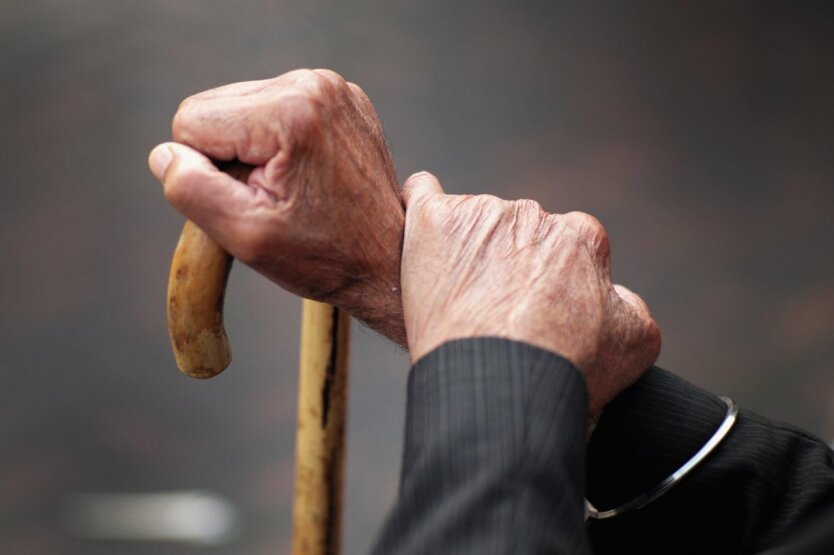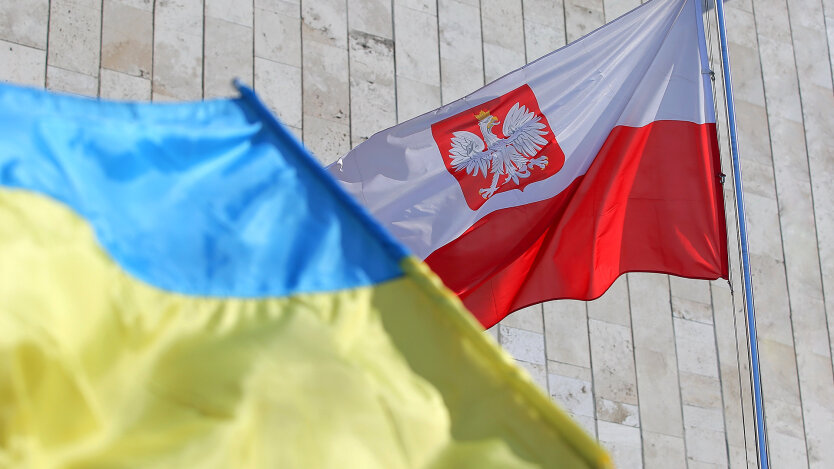Visiting the most famous fountain in Rome may become paid.


Rome considers introducing a fee for visiting the most popular landmarks
The Rome City Hall is considering the possibility of establishing a fee for tourists to visit some of the most famous places, such as the Trevi Fountain, through quotas and pre-planned visits. This was reported by the Italian publication Corriere della Sera.
The city's tourism and mass events advisor Alessandro Onorato stated that the authorities are thinking about measures that would help reduce the flow of tourists near the most famous attractions.
"We are considering the possibility of establishing quotas and mandatory reservation times for places like the Trevi Fountain, for a symbolic fee of 1 euro," Onorato said.
This approach would allow for controlling the number of people simultaneously present at the landmark and combating overcrowding and disorder in these areas.
Moreover, a significant problem is also the proliferation of substandard housing, which is rapidly spreading. The authorities believe that such a situation could lead to the emergence of unpresentable "closets" with minimal living conditions, which would negatively affect the capital's reputation.
It should be noted that the Italian government is also considering the possibility of increasing the tourist tax in the summer due to the significant increase in the number of tourists. It is proposed to collect up to 25 euros per night from hotel rooms to help cities that are struggling with excessive tourist loads.
Read also
- Forecasters warn of dangerous meteorological phenomena in several regions
- Polyg during the combat mission in Kursk. Let's remember Dmytro Ihnatov
- The GUR and the Ministry of Foreign Affairs evacuated 133 Ukrainians from Israel (photo)
- The Four-Day Work Week Really Works: Results of a Large-Scale Study in the EU
- In Ukraine, payments for the care of pensioner relatives have been introduced
- Poland Doesn't Like Ukrainians: Study Reveals Unexpected Reasons










